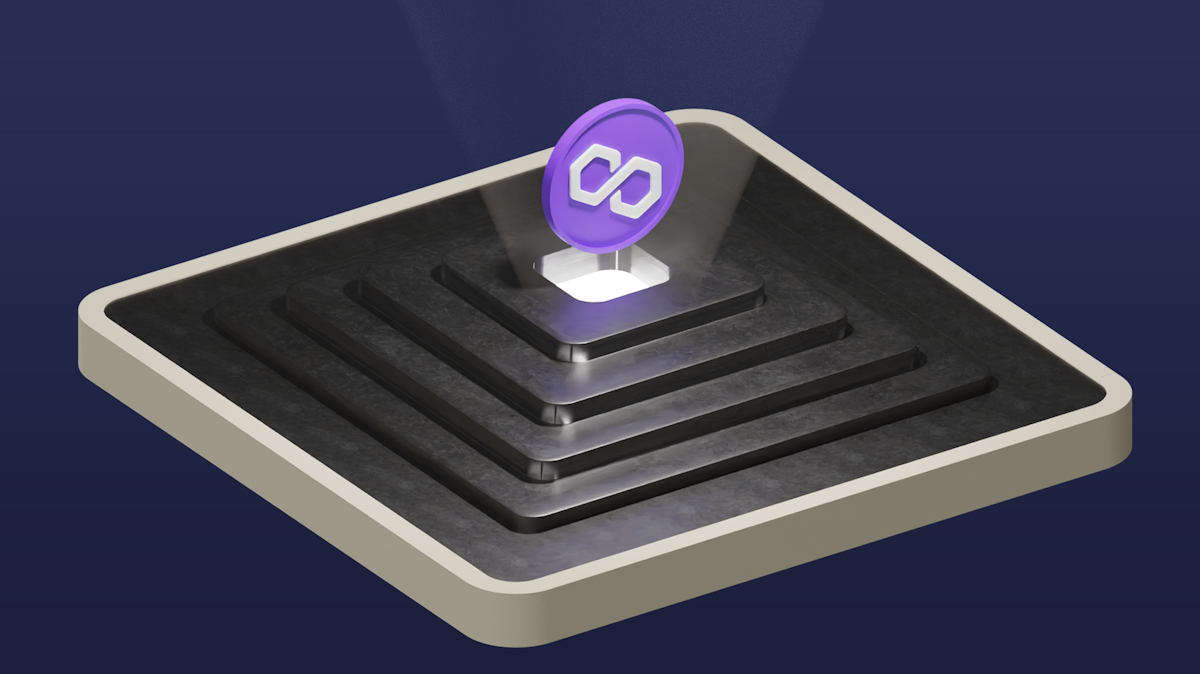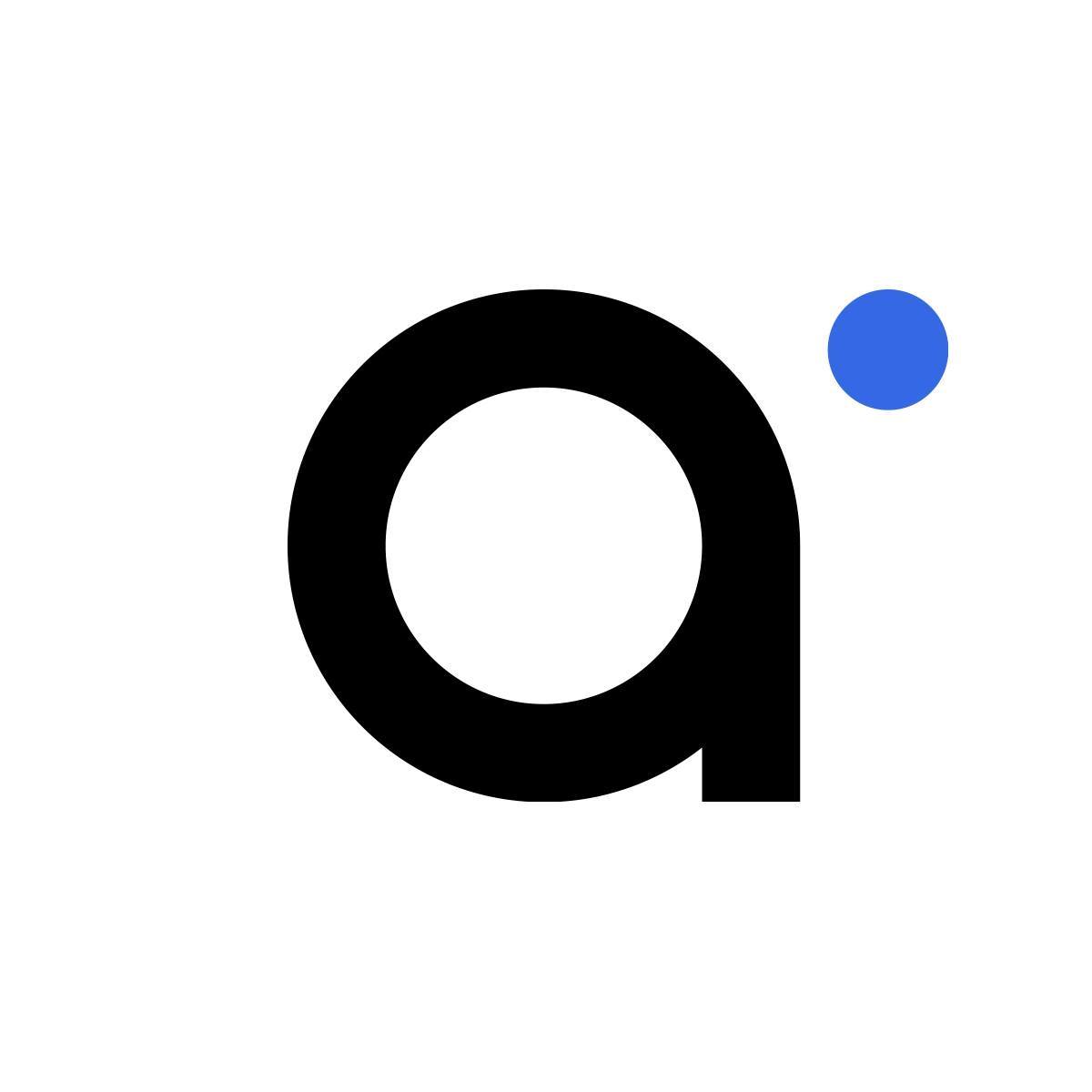What is an ICO?
There was a time when ICOs were flying around your ears. One ICO after another was launched to raise a lot of money for a project. However, very few people know exactly what an ICO is. Hence, we wrote this lesson so that you do know exactly what an ICO is all about.
Definition Initial Coin Offering (ICO)
There was a time in the crypto market when ICOs were flying around your ears. One ICO after another was launched to raise a lot of money for a project. However, very few people know exactly what an ICO is. Hence, we wrote this lesson so that you do know exactly what an ICO is all about.
An ICO is an initial coin offering. In other words, it means putting the first coins of a new project on the market. The reason coins are first brought to market before you have even accomplished anything is that developers and other actors in the formation of a new cryptocurrency are not going to develop a new ICO for nothing. You can think of an ICO as fundraising in the form of crowdfunding. The company behind the new cryptocurrency indicates how much capital they want to raise and for what purpose, if any.
The first ICO was committed by Mastercoin in 2013. With an ICO, you often pay only a fraction of a coin's potential. Talking about hindsight is always easy, but a coin like Ethereum was selling at their ICO for 30 cents and NEO for 3 pennies. There are also lots of tokens that you buy for a low price and get 0 back. But it's definitely not a lottery.
Let's zoom in a bit on aspects of the ICO.
What is a good Initial Coin Offering (ICO)?
And that brings us directly to the problem of an ICO: there is no working product yet.
So how do you know if a project has potential or if it's a show to extort money from you? Usually good indicators can be found in all sorts of places, if you are willing to start your own research.
First of all, surely a good project will at least have a white paper, describing how the cryptocurrency works and their roadmap, indicating when they think they will be ready with certain aspects. If they think this is all too much work then I raise a red flag. So that seems like a quickly set up concept to take your money.
Do they have a white paper and a roadmap? Then you can start looking further. For example, you could look to see if there might be any big investors who are involved. These people usually have a better understanding of ICOs than the average investor and thus know when they are dealing with a good project.
A next step would be to examine the team. Do big names participate? Are there any anonymous people among them? If there are many anonymous contributors, that is usually a bad sign.
Another aspect is the operation of the product. If this new cryptocurrency wants to compete in a field already dense with established names, can it compete?
There are also all kinds of websites that can provide you with information about the development of a new project, among other things. These include GitHub, Bitcointalk.org, Discord, Telegram, Reddit and the website of the coin itself. If they have a white paper then read through it.
Over the course of your reading sessions, you will naturally get a certain feel for the new coin and, in addition, get pointers on what to do if you are unsure about investing.
If you have made the choice to participate in an ICO, then you will need to have good preparation. If you know exactly what to do and when, it is also easy to buy coins. An ICO is often a bit confusing because you are dealing with a start-up company.
What is a bad ICO?
With a bad ICO, you have to deal with red flags, or signs on the wall that the project is likely to come to nothing or is an outright scam.
If you look at the website and get the feeling that it's all set up just as fast, that's a red flag. If you see one typo after another then that is not done. Always look for possible risks. If you don't understand anything at all about their story then don't invest, after all, you invest in projects you understand.
If you are dealing with a fork of an open source project that is very popular, then caution is advised. They probably want to ride on that success and it remains to be seen if they are as good as that popular project.
Many ICOs are basically last coin offerings. They produce a mountain of coins, sell as many as they can and keep a lot of coins themselves, then do a back pull the moment the ICO is over. This allows them to double cash. So always pay attention to how many coins remain with the project. A reasonable indication would be around 30% or less, do they keep more, beware!
Some coins also have a very long roadmap. Very nice for them to have so much patience, but if they plan to be tradable on an exchange only in 10 years, what are you doing with those coins all that time?
About 80% of all ICOs are scams. Because there is so much money involved, they attract shady types who want to make a quick buck. And since supervision is so poor, they get away with it.
Variants of the ICO
There are several varieties of ICOs, depending on the structure and purpose of the project. Here are some of the most common ICOs in the crypto market.
Initial DEX Offering (IDO).
An IDO is an initial offering of a coin on a decentralized exchange platform (DEX). Well-known names among DEXs are PancakeSwap and UniSwap.
A company then also wants to raise money for its project, but does so in a different way. Again, you need to read up on this.
One of the nice things about an IDO is that you can also sell the coins again immediately, whereas with an ICO you have to wait until you can sell it somewhere, such as on an exchange.
For the company, this way has the advantage of not having to give large centralized exchanges hefty sums of money to listen to their coin and meet all kinds of prerequisites.
You are unlikely to make huge profits right away, though, because the price is already fixed and only fluctuates with supply and demand.
IEO
This is an initial exchange offering. So the coins are being marketed for the first time through a centralized exchange. The price you can buy it for is fixed as well as the day and time it becomes saleable. Often you can sign up for this presale through a construction on the exchange.
These IEOs have a similar expiration. Very often, these coins can be bought for a certain amount and are worth much more at launch on the exchange. After that, the price plummets visibly by the minute. So if you participate in them, you could dump all your coins right after you buy them the moment you can sell them.
Therefore, never buy an IEO coin that has just entered the list. First wait for the price to stabilize and then ask yourself what direction the coin will go.
Private Placement
Here the coin is offered to a selective club of investors chosen by the team behind the coin. With these types of coin offerings, you do have to follow the rules of certain institutions, such as the SEC in the US.
Airdrop
When using a airdrop coins are offered for free. Usually, if you want to get these free coins, you have to do all kinds of things that will highlight the new coin, such as promote the coin on Twitter, Telegram or other social media.
In general, these coins are worth nothing and most of them never will be. But if you had participated in UniSwap's airdrop and sold them at the right time you would still have been 12,000 euros richer. No small thing to rake in.
Airdrops also often work with referrals. This allows the network to grow in prominence very quickly.
Occasionally you can also buy these coins during the time of the airdrop for a very soft price. Be careful with this, because then it is not really an airdrop and it is likely that you will lose that money then, although it may not be that much.
All in all, there is no harm in participating in an airdrop. Sometimes you win the grand prize and if not, the only thing you lose might be a little time.
Public offering
This is similar to private placement. The big difference is that there are many more potential investors because the coin is offered to many more people.

